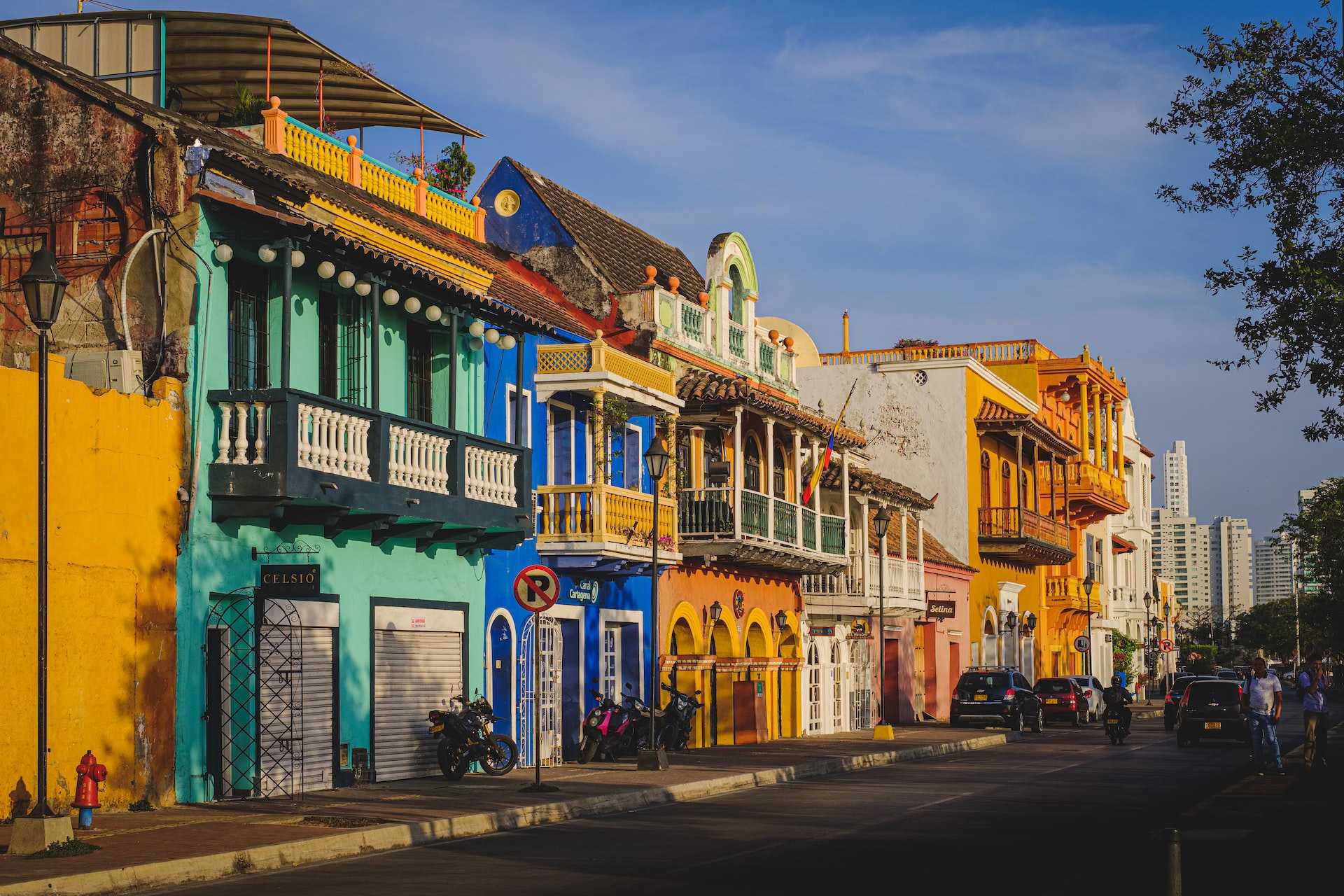Transportation in Cape Town is a complex and diverse system, with various options for getting to the city from surrounding areas and for moving around once you are there, each with its own set of pros and cons in terms of ease, cost, and safety.
Getting to Cape Town from other major cities in the country can be done by plane, train, or bus. The Cape Town International Airport is well-connected to other major airports in South Africa, making flying a convenient option for those coming from far away. The Shosholoza Meyl train service also offers regular trips to Cape Town from cities such as Johannesburg and Durban, although this option can be more time-consuming. Bus travel is also available through companies such as Greyhound and Intercape, with routes to Cape Town from various locations in the country.
Once you are in Cape Town, there are several options for getting around the city. The MyCiTi bus rapid transit system offers a convenient and efficient way to travel to various destinations within the city, with frequent buses and dedicated lanes to avoid traffic. Taxis and Uber are also readily available, although it’s best to be mindful of safety and only use reputable companies. For those looking to explore the city on their own schedule, car rental and bike rental options are also available.
Walking and cycling are also great options for getting around Cape Town, especially in the city center and along the waterfront. The city has implemented several bike lanes and pedestrian-friendly areas in recent years, making it more accessible for non-motorized transportation.
In terms of cost, public transportation options such as the MyCiTi bus and Metrorail train are generally the most affordable, with fares for a single trip ranging from around 5-10 rand (about $0.35-$0.70 USD). Taxis and Uber can be more expensive, with fares varying depending on the distance traveled and time of day. Car rental and bike rental costs will also vary depending on the company and length of rental.
Safety is always a concern when traveling, and Cape Town is no exception. As with any major city, it’s important to exercise caution when using public transportation and to be aware of your surroundings when walking or cycling. Using reputable taxi and ride-sharing companies and being mindful of crime hotspots can also help to minimize risks.
Overall, transportation in Cape Town offers a range of options for getting to and around the city, each with its own set of benefits and drawbacks. Whether you’re looking for a convenient and efficient way to travel or a more budget-friendly option, there is something for everyone. With careful planning and attention to safety, getting around Cape Town can be a smooth and enjoyable experience.



